You can use Google Apps Script and import nerdamer library. See the setup below:
Setup:
- Create separate gs files containing these libraries.
NOTE: Follow the order or you will have errors

- Use the script below:
function solveWeights() {
// Get data, process, then outputs on the actual column header.
const ss = SpreadsheetApp.getActiveSpreadsheet();
const sheet = ss.getActiveSheet();
const vars = sheet.getLastColumn() - 1;
let data = sheet.getRange(1, 1, vars + 1, vars + 1).getValues();
let headers = data.shift();
let solution = [nerdamer.solveEquations(data.map(row => {
return `${row[0]}=${row.slice(1).map((x, i) => x + headers[i + 1]).join('+')}`;
})).toString().split(',').filter((_, i) => i % 2 == 1).map((x, i) => `${headers[i + 1]} = ${x}`)]
sheet.getRange(1, 2, solution.length, solution[0].length).setValues(solution);
}
Sample data:

Output:

Note:
- You can add offset to your output range so that it won't overwrite your columns.
- The preparation of multiple libraries slows the execution so it might take a while, but should take around 5 seconds to be done (using 4 column/variable data)
EDIT:
- If you don't want to use external libraries, you can use
LinearOptimizationService. See sample below:
function solveWeight() {
const ss = SpreadsheetApp.getActiveSpreadsheet();
const sheet = ss.getActiveSheet();
const vars = sheet.getLastColumn() - 1;
// fetch N rows based on how many variables are present
const data = sheet.getRange(1, 1, vars + 1, vars + 1).getValues();
let headers = data.shift();
headers = headers.slice(1);
let engine = LinearOptimizationService.createEngine();
// add variable
headers.forEach(header => {
// set the range of the weights' possible values (e.g. 0 - 100)
engine.addVariable(header, 0, 100);
});
// create constraint
data.forEach(row => {
let sum = row.shift();
let constraint = engine.addConstraint(sum, sum);
// set all values as coefficients
row.forEach((value, index) => {
constraint.setCoefficient(headers[index], value);
});
});
// get lowest possible values
engine.setMinimization();
let solution = engine.solve();
if (!solution.isValid())
Logger.log('No solution: ' + solution.getStatus());
else
headers.forEach(header => {
// workaround due to rounding issue of javascript
console.log(header + ' value is: ' + solution.getVariableValue(header).toFixed(2))
});
}
Output:

Note:
- Downside to this approach is that you need to declare what the range of the weights, and other variables such as the coefficient per weight and etc. The above code assumes all weights are between 0 - 100.
- Code on Linear Optimization service only logs the data, you can modify this to be a custom function instead or just write it directly to the sheet.
Reference:




